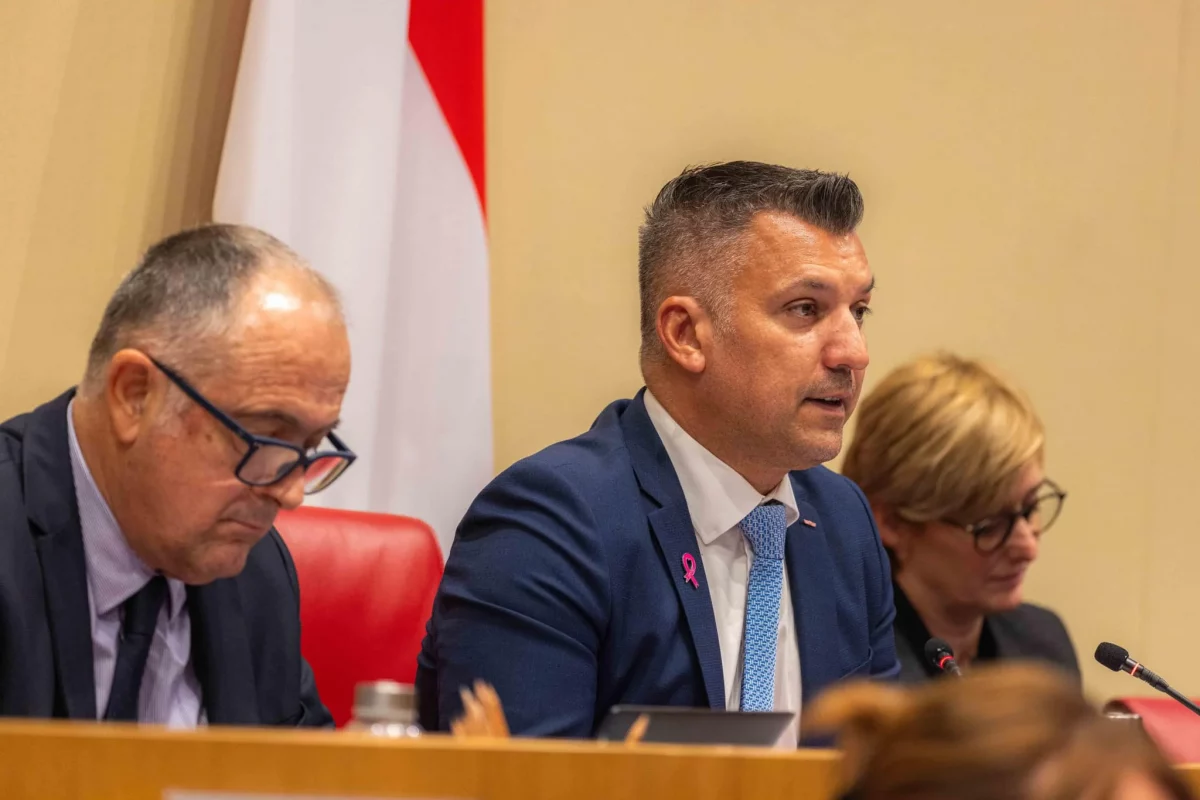Monaco’s National Council has given the green light to the 2024 Amending Budget. President Thomas Brezzo has called the development “a signal of shared confidence” following months of conflict between the Council and the Monaco Government. The budget was previously rejected in June.
The Principality’s National Council signed off on the 2024 Amending Budget on 15th October after several months of bad blood between the government and the elected body.
At the end of the public session, the final vote tallied 12 in favour, six against and three abstentions, sending a strong message that the Council and the government must join hands and reject the air of mistrust that has recently been cultivated.
“This positive vote must resonate as a signal of shared confidence, of willingness to work together within the framework of this renewed institutional partnership, and you must hear this message as an outstretched hand that must make it possible to overcome the culture of adversity that has developed far too insidiously between our two institutions in recent years,” said National Council President Thomas Brezzo in an open statement to the government and aired in full on social media channels.
Brezzo also stressed the importance of transparency and trust between the two bodies, noting, “It is through actions that we will determine whether we were right to place our trust in you and whether we will maintain it for the upcoming deadlines.”
In rejecting the initial budget back in June, Brezzo had said that the government’s budget announcements did not live up to the “promises that had been made”, and that “elected officials found themselves in a situation where they had no choice but to vote against this budget”.
A healthy surplus to maintain
Monaco is by no means in danger of falling into debt imminently. With a comfortable €2.25 billion in the coffers, the country is fiscally healthy, but care with funds is essential for this situation to continue—a fact both the Council and the government are acutely aware of.
The country faces growing vulnerabilities, including reduced construction activity, which has led to lower VAT revenue, and its recent placement on the Financial Action Task Force (FATF) Grey List. This list highlights jurisdictions under increased monitoring due to shortcomings in their efforts to combat money laundering, terrorist financing and proliferation financing.
See more: Monaco added to money laundering ‘grey list’
Monaco’s Minister of State Didier Guillaume has publicly echoed these concerns, saying, “Without new revenues and without strict control of expenditure, the state would find itself facing a structural deficit, which is unthinkable for the Principality.”
The passing of the 2024 Amended Budget marks a crucial moment for Monaco, underscoring the importance of collaboration between the government and the National Council in securing the Principality’s financial future.
Read related:
Monaco government “takes note” of 2024 budget rejection, vows to push on
Monaco Life is produced by real multi-media journalists writing original content. See more in our free newsletter, follow our Podcasts on Spotify, and check us out on Threads, Facebook, Instagram, LinkedIn and Tik Tok.
Photo credit: National Council of Monaco
